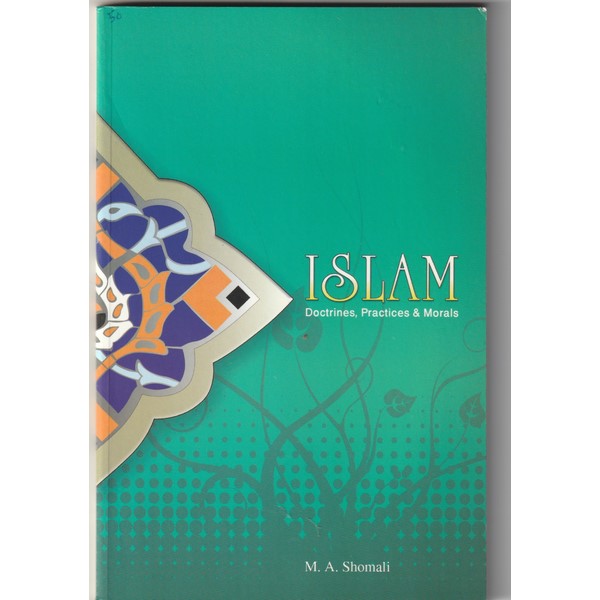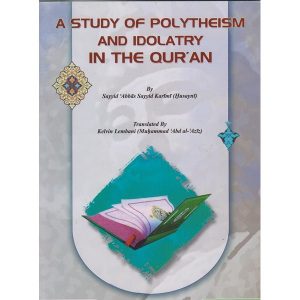Description
The ideas presented here are based on common sources among the Muslims and unless otherwise mentioned, they represent Muslim faith in its most general form and are thought to be accepted by all. The first chapter studies the sources of Islamic thought, i.e. the Qur’an, the Sunnah and reason.
The second chapter studies fundamental doctrines of Islam, i.e. unity of God, prophethood and resurrection, which constitute the principles of religion for Islam and other divine religions, and also a discussion about some of the doctrinal differences among Muslims on issues such as imamate.
The third chapter is a very brief account of practices along with brief references to the objectives and principles underlying them.
The fourth chapter studies some aspects of Islamic moral system and ends with reference to some of the outcomes of living a life of faith along with significance of supplication.
The fifth and final chapter is a short discussion about the Muslim world today, a brief account of the latest statistics about the present Muslim population of the world and goes on with a brief study of holy cities for Muslims.
HEAVILY SUBSIDIZED BY WWW.ISLAMICTHOUGHT.CO.UK







Reviews
There are no reviews yet.